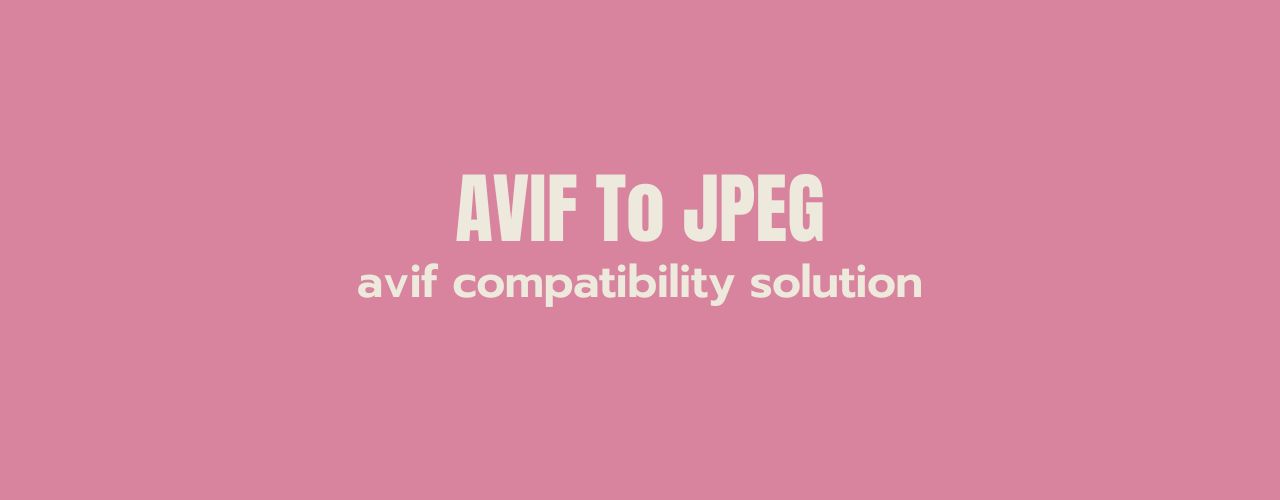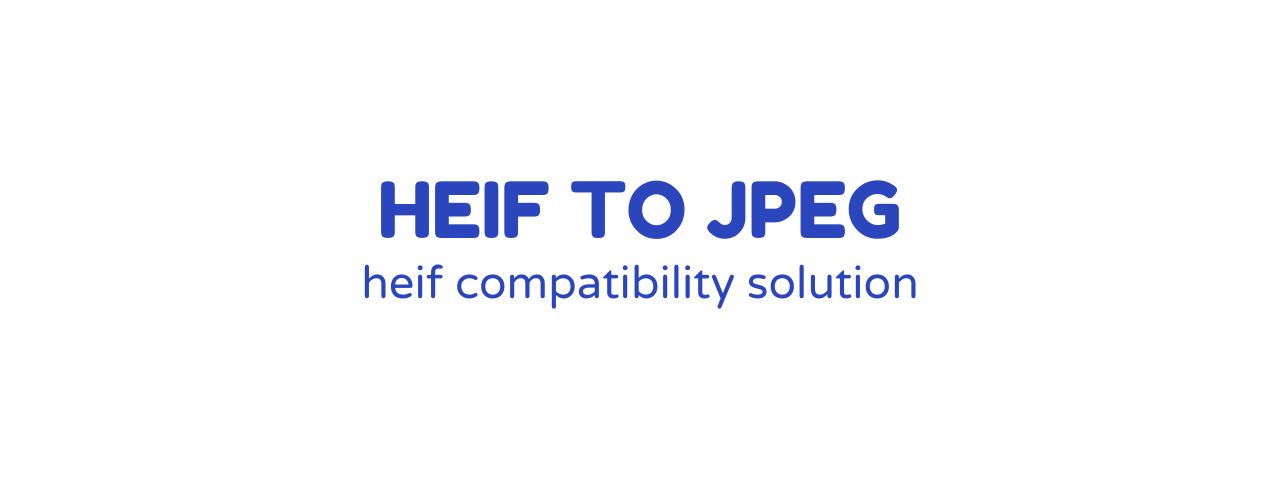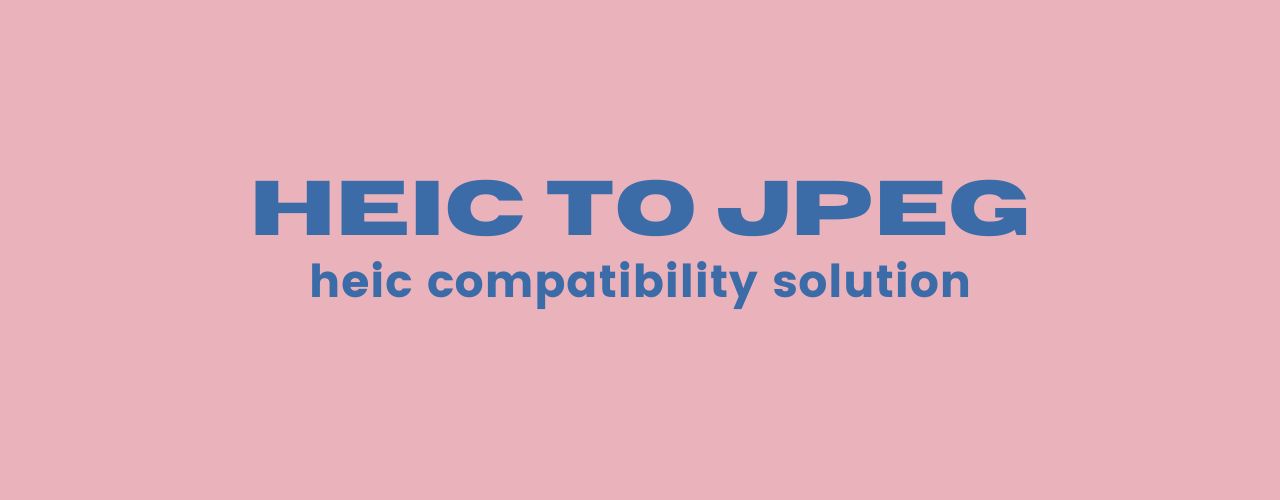🚀Install Our Chrome Extension
Access all Converteasly tools faster – right from your browser toolbar.
resize image width & height
or click to browse
Select/Upload One Or Multiple Image File.
Enter Width & Height In Pixel(px).
Click On Generate Button To Change Width & Height Of Image.
Scan QR Code Or Click On Download Button To Download Your Resized Image.

Discover various applications and scenarios where Resize Image can be effectively utilized
Resizing images is crucial for optimizing website performance and improving user experience. By resizing images to the appropriate dimensions needed for web display, web developers can reduce file sizes, which leads to faster page load times and improved website responsiveness.
With the increasing use of mobile devices, responsive design has become essential for websites. Resizing images allows web developers to adapt images to different screen sizes and resolutions, ensuring they display correctly and proportionally across various devices.
Many websites, galleries, and content management systems utilize thumbnail images to provide previews or navigation options. Resizing images to generate thumbnail versions allows for efficient storage and faster loading of these smaller, compact images.
Resizing images before attaching them to emails is useful to reduce file size and optimize delivery. Smaller image sizes ensure faster transmission, avoid exceeding attachment size limits, and enhance the overall email experience for both senders and recipients.
Social media platforms often have specific image size requirements for optimal display. Resizing images to meet these requirements ensures that images are displayed correctly and fully within the platform's interface, without any cropping or distortion.
When preparing images for printing, resizing them to the desired print dimensions is necessary. This ensures that the images fit appropriately within the printing layout, maintaining the intended aspect ratio and preventing any stretching or distortion during the printing process.
Resizing images is valuable for managing storage space. By reducing the dimensions of images, their file sizes also decrease, allowing for more efficient use of storage capacity, whether it's on local drives, cloud storage, or other storage mediums.
Follow these simple steps to get your work done quickly and efficiently

Upload Your File to the Server From MAC, PC, Mobile, etc.


Let the Server Go to Work. Most of the Files are Computed in a Few Seconds.


The Server will Provide a Link to Your Converted/Processed File.
Effortlessly transfer files from web to mobile with a single scan. No emails, no waiting - just instant results.

Experience professional-grade file conversion and editing tools without the complexity. No signups, no watermarks, no limits - just instant results.
Try Our Most Popular Tools:

Get answers to common questions about Converteasly. Learn how our free conversion tools work and how you can get the most out of them.
Convert files in seconds with our optimized processing engine
Your files are automatically deleted after processing
Works perfectly on all devices and browsers
Wide range of conversion tools for all your needs
The best tips and tricks on managing digital documents

Convert AVIF images to JPEG quickly and easily without losing quality, directly from your browser.
Read More >
Easily convert HEIF images from iPhone or iPad into JPEG for universal compatibility and sharing.
Read More >
Easily convert HEIC images from your iPhone or iPad to universally compatible JPEG format without lo...
Read More >
In today digital world, having images with transparent backgrounds is often a necessity for designer...
Read More >
Optimizing images for the web is essential for faster loading times and better user experience. Conv...
Read More >
By converting WebP images to JPEG or PNG, you ensure compatibility with a broader range of devices, ...
Read More >
Converting PNG images to JPG format can significantly reduce the file size, making it more suitable ...
Read More >
Converting JPG to PNG can be useful when you want to compress an image while maintaining its quality...
Read More >
Images captured with digital cameras or smartphones may sometimes have incorrect orientations due to...
Read More >
Compressing images is crucial for optimizing website performance. Large image file sizes can signifi...
Read More >
Resizing images is crucial for optimizing website performance and improving user experience.
Read More >
A free tool to convert one or multiple images to PDF online, at no-cost, no-registration, and no-ins...
Read More >💕© 2025 converteasly.com - Made with love for the people of the internet.